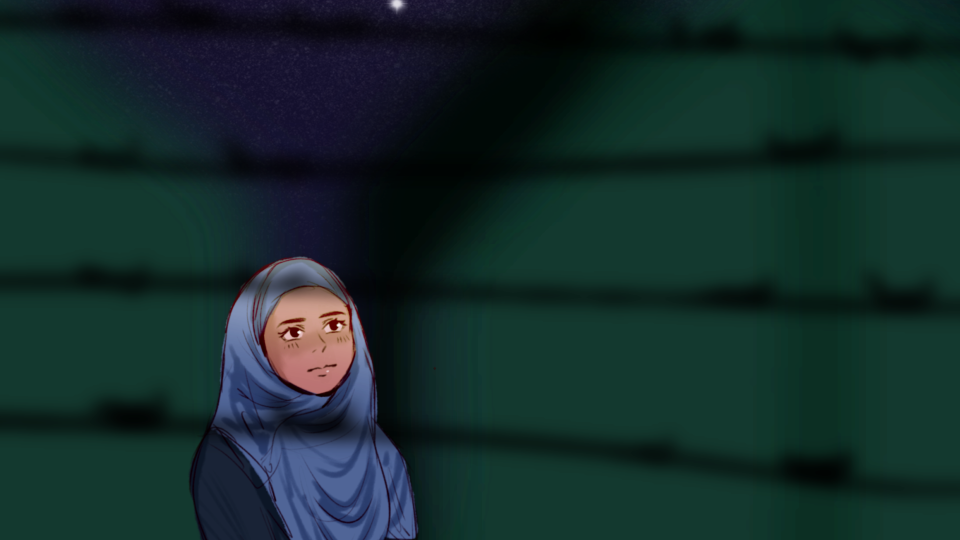Refugees: the first victims of climate change

As the Titanic sank in 1912, the wealthy were given safety on lifeboats while the poor were left to die, locked in the sinking ship.
Today, the countries of the Global North are taking a similar approach to the climate crisis.
Going full steam ahead, countries such as Australia continue to burn fossil fuels, ignore the warnings of scientists and, when crises hit, turn people away from safety.
There were more than 70 million displaced people around the world last year according to conservative United Nations figures — the highest this figure has ever been.
Many were displaced as a direct or indirect result of climate change, whether due to floods in China and India, typhoons in the Philippines or rising sea levels in Bangladesh.
Island nations in the South Pacific, such as the Carteret Islands, are almost uninhabitable. People are surviving by building sea walls and often face famine as traditional food sources become scarce.
Australia has refused all requests for aid and relocation.
Climate change played its part in sparking the Syrian conflict, with droughts causing food shortages and forcing people to seek a livelihood in cities. Today, Syria is at the centre of one of the world's largest refugee crises.
The people who have done the least to cause climate change are being made to suffer the most. Millions are becoming displaced and inequality is rising.
In response, Global North countries are taking an armed lifeboat approach to the crisis.
Australia, the United States and Europe are militarising immigration departments and building detention centres and walls.
The human cost is staggering.
The number of child separations and deportations at the US border is rising.
Refugees continue to be forced to live in harsh camps on Europe’s borders while boats are turned away and rescue missions criminalised.
Millions continue to languish in refugee camps in Africa and the Middle East. People are now being born, growing up and starting families of their own in refugee camps — all while waiting in the ‘queue’.
Australia remains a world leader in cruelty.
People are still on Manus Island and Nauru. Many of them have been there for more than six years.
A dozen people died in Australia’s detention system between 2013-18.
Lack of access to adequate medical care, food, water and accommodation has taken its toll. Many have lost hope and self-harm is rising.
Then there are the boat turnbacks. Rather than “stopping the boats”, they have led to thousands of asylum seekers living in countries such as Indonesia as second-class citizens with no rights and under constant threat of deportation.
The global refugee crisis is expected to worsen. A Columbia University report found climate change will lead to a 200% rise in asylum applications by the end of the century.
The connections between the refugee and climate crises cannot be ignored — nor can the response of the 1%.
Their determination to continue growing their wealth and power is leading to the destruction of the planet.
Rebelling against the system to save the planet requires us to work with and defend the rights of those people most at risk, starting with refugees — some of the first victims of climate change.
[Zebedee Parkes is a member of Socialist Alliance.]